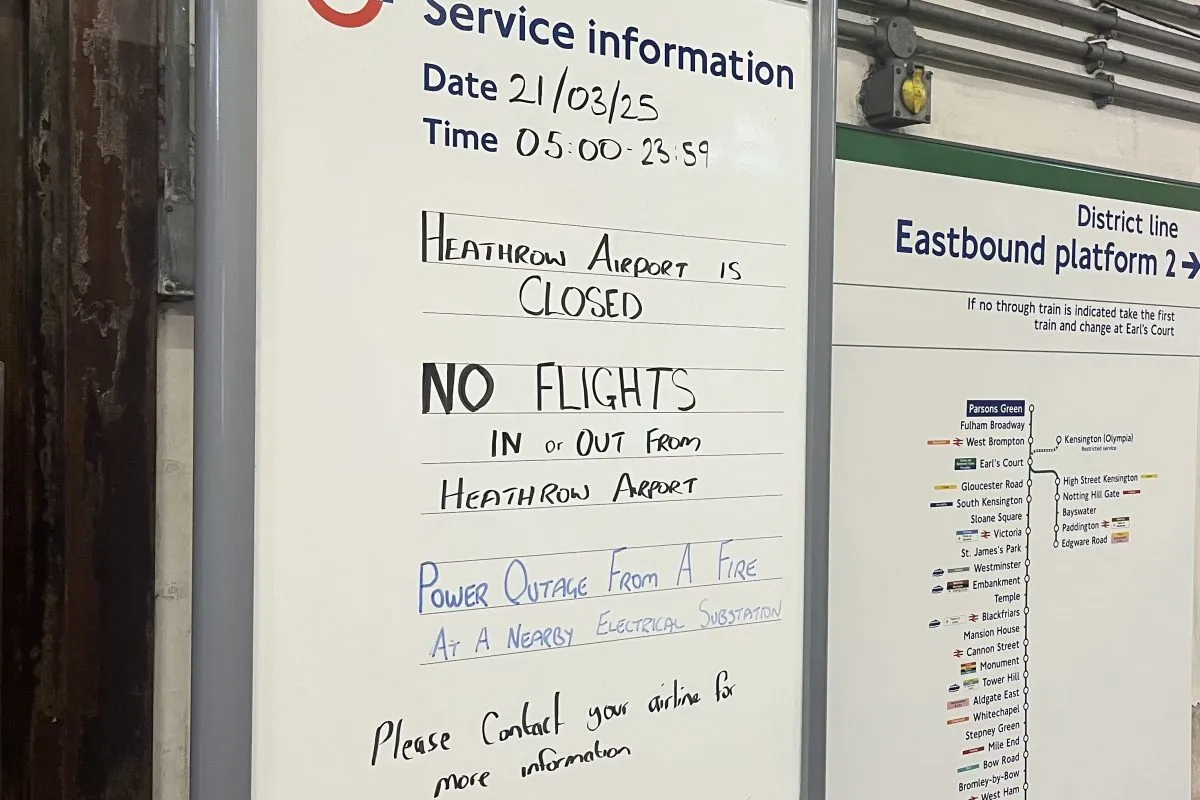Florida Vacation Rental Bill: Next Move Is in the House

Skift Take
Florida lawmakers have made progress on regulating short-term vacation rental platforms like Airbnb and Vrbo, with the Senate passing a bill (SB 280) last week addressing occupancy limits, registration fees, and enforcement measures.
Key Points
- Occupancy limits: The maximum overnight occupancy of a vacation rental can't exceed two persons per bedroom — unless there is at least 50 square feet per person. An additional two people can occupy one common area.
- Registration fees: The Senate doesn’t give a definitive number but requires owners to pay a “reasonable registration fee” (this differs from the House bill, more below). Failing to do so could cost the owner a fine up to $500.
- Response requirements: A responsible “capable” party must be available to respond to complaints or emergencies by telephone 24 hours a day and seven days a week.
- Action window: The bill gives the property owner up to 15 days to fix a problem.
Suspensions and Violations
The bill details information on violations and suspensions:
- One or more violations on five separate days during a 60-day period amounts to a 30 day suspension
- One or more violations on five separate days during a 30-day period amounts to a 60 day suspension
- One or more violations after two prior suspensions amounts to a suspension of 90 days
Vacation Rental Bill in The House
There is also a bill in the House, with certain differences in clauses. For instance, the House capped registration fees at $150, as opposed to the Senate's “reasonable fee.”
For the response times, the House proposes that the responsible party respond by 9 a.m. the next calendar day. Other differences include the language about suspensions (where the House is more strict) and occupancy rules (where the Senate’s requirements are more restrictive).
If the House clears its version of the proposal, the Senate and the House would debate it with the aim of arriving at a consensus.
“There are several significant compromises in this bill which we believe would assess bad actors and provide a better regulatory framework for property managers and local communities,” said Tiffany Edwards, president of Coletta Consulting, which does advocacy for short-term vacation rental organizations. “However, we are still working to amend the ability for the local government to revoke or refuse a registration. Since the vacation rental license is preempted to the state the ability to revoke should remain with that department.”
As for next steps: The House bill would go through two committees, after which it would be heard on the House floor, where there might be amendments. If the Senate and the House agree on the language and specifics, and adopt the bill, it would then then go to the Governor’s office for approval.
Edwards expects the bill to move to the House Floor in the next couple of weeks.




